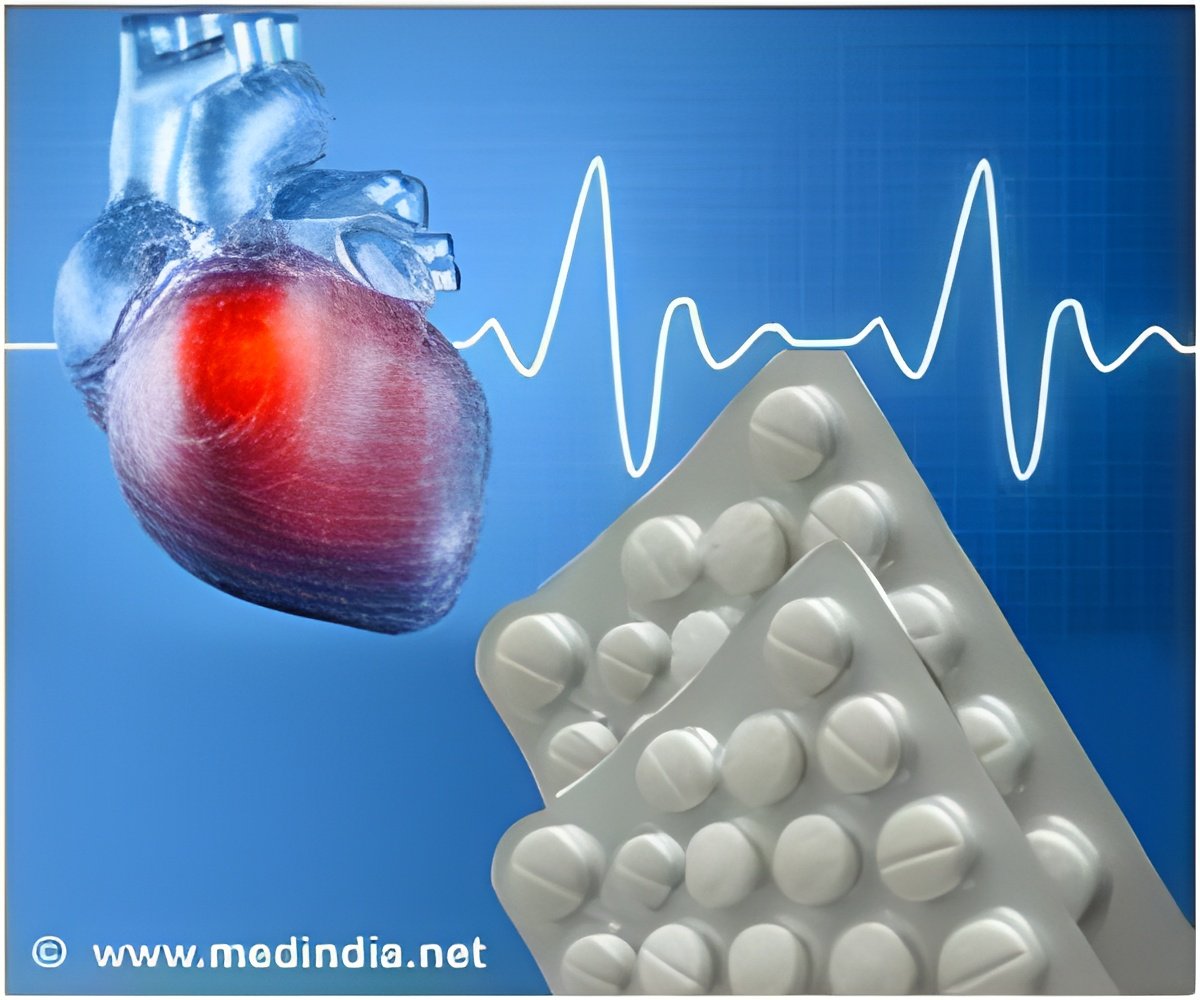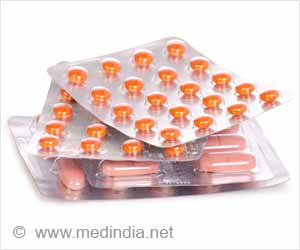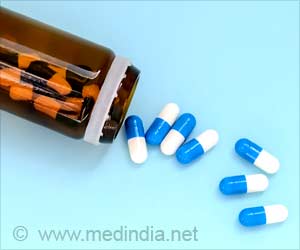Research team finds that patients who took medicines after heart surgeries were found to have event-free survival rate when compared to patients who did not take any medications.

‘Patients who regularly follow prescriptions after heart procedures are twice likely to have a trouble-free survival rate.’





Researchers investigated the impact adherence to optimal medication therapy had on the long-term benefits from heart bypass surgery and from stenting. Using a study sample of 973 heart bypass patients and 2,255 stent patients, researchers collected data on procedures performed between Feb 1, 2004 and July 31, 2004.Follow-ups were performed between 12 months and 18 months and starting again in 2009 to monitor both adherence to prescribed medication and to report any circulatory difficulties, including fatal and nonfatal heart attacks, or any repeated bypass or angioplasty procedures.
Optimal medical therapy included blood thinners (aspirin or one year of double antiplatelet therapy for stent patients), statins to lower cholesterol and beta blockers for heart surgery patients. When analyzed, both blood thinners and statins appeared to have a profound impact on event-free long-term survival of heart patients.
Researchers found:
Regardless of heart procedure, patients who adhered to prescribed medication were more than twice as likely to have event-free rates of survival. However, among patients who were not adherent to medication therapy, there was a marked benefit for heart bypass over angioplasty. Non-compliant bypass patients were 68 percent more likely to survive free from complications than non-compliant PCI patients. Among patients who adhere to recommended medication therapy, there may not be a clinical benefit for bypass over PCI. Both heart bypass patients and stent patients who left the hospital on aspirin and statins and were still on both medications at all follow-up checkups enjoyed better event-free survival rates than patients who at any point were not on their medication.
Advertisement
Researchers said that because heart bypass seeks to restore blood flow to the heart while stenting focuses on clearing blocked vessels, the benefits of heart bypass may rely less on appropriate medication therapy.
Advertisement
Source-Eurekalert












